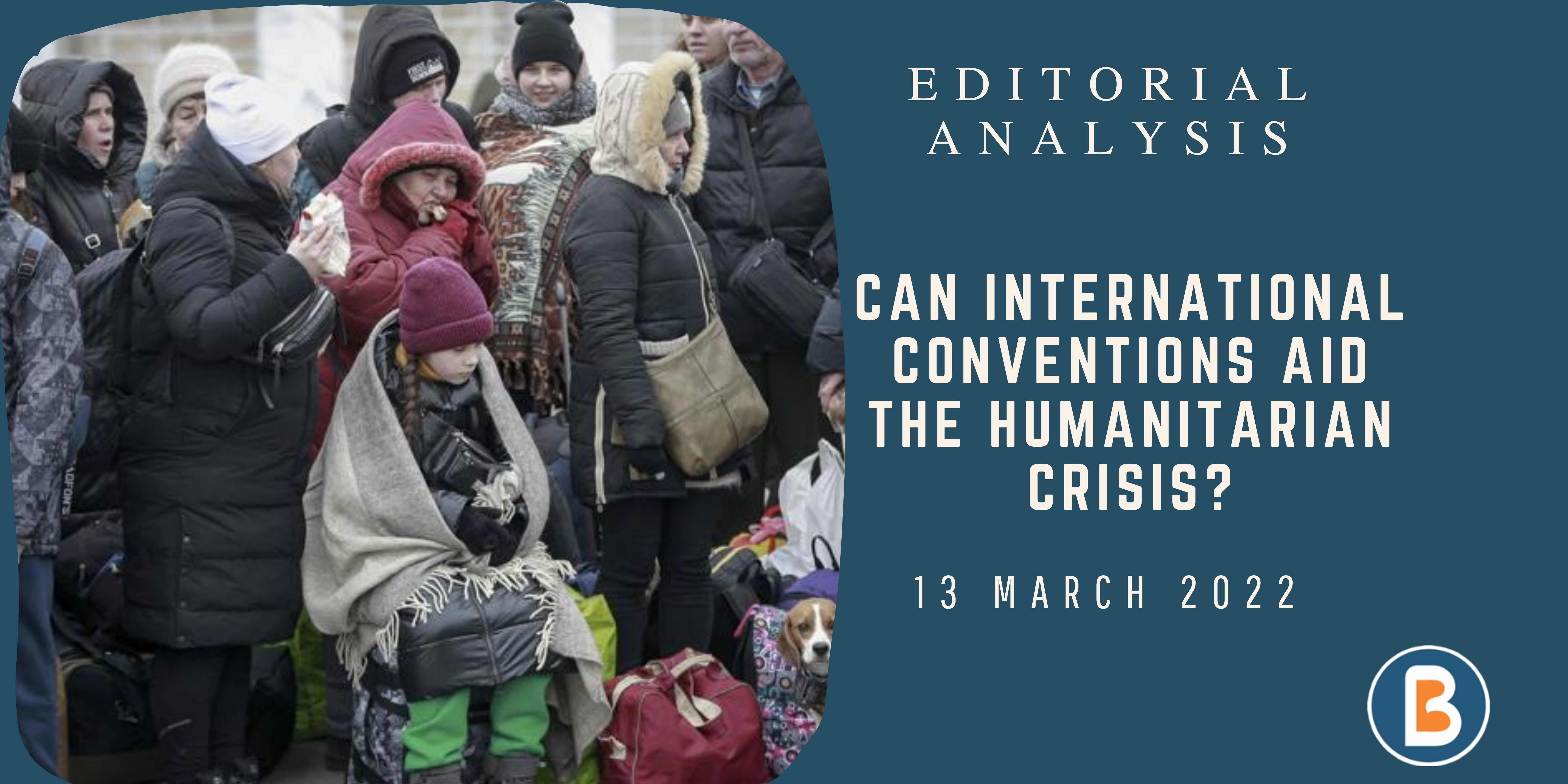One person, one vote, one value
Context:
The article explores the intricacies of political equality in liberal democracies, particularly focusing on the impact of constituency delimitation on the value of votes.
- It delves into historical injustices, constitutional safeguards, and the need for addressing both quantitative and qualitative dilutions in the voting system.
Relevance:
GS – 2 (Indian Constitution, Elections, Statutory Bodies)
Prelims:
Delimitation, Delimitation Commission Act 1952, Constitution of India, Delimitation Commission, 15th Finance Commission, ECI.
Main Question:
How does constituency delimitation influence political equality in liberal democracies, and what measures are necessary to ensure both quantitative and qualitative aspects of the vote value are upheld? (250 words)
Dimensions of the Article:
- Political Equality and Vote Value
- Constitutional Safeguards
- What is Delimitation?
- Delimitation Commissions
- Dilution of Vote Value
- Implications of the present delimitation
Political Equality and Vote Value:
- The principle of “one person, one vote” is a key aspect of political equality. This principle links majority rule to the central appeal of popular democracy. It also expresses the principle of equal representation in voting.
- Political equality is a bedrock principle in a democracy.
- Political equality goes beyond participation; it entails ensuring that each vote holds equal value.
- Legal scholar Pamela S. Karlan, highlights that redrawing constituency boundaries can lead to both quantitative and qualitative dilution of the right to vote.
Constitutional Safeguards:
- Articles 81 and 170: The Constitution emphasizes maintaining a consistent ratio of population for Lok Sabha and State Legislative Assembly constituencies.
- Article 327: Parliament is empowered to enact laws related to constituency delimitation, safeguarded from legal challenges.
What is Delimitation?
- Delimitation refers to the process of establishing limits or boundaries for territorial constituencies within a country or province that possesses a legislative body.
- The first delimitation exercise was conducted in 1950-51, by the President with support from the then Election Commission.
- Delimitation for parliamentary constituencies (Lok Sabha) and legislative assembly constituencies (LA) is distinct from the delimitation process for local bodies.
- The Delimitation Commission Act came into existence in 1952, formalizing the procedures for constituency boundary fixation.
- The President of India appoints the Delimitation Commission, which operates in conjunction with the Election Commission of India (ECI). This collaborative effort ensures a comprehensive and unbiased approach to constituency delineation.
Delimitation Commissions:
- Four Commissions So Far: Constituted in 1952, 1962, 1972, and 2002, these commissions aimed at addressing population changes and maintaining fair representation.
- Moratorium and Frozen Population Figures: The 42nd Amendment Act (1976) froze the 1971 Census population for delimitation until after the 2001 Census.
- The Delimitation Act of 2002 adjusted existing boundaries without increasing the number of seats.
Dilution of Vote Value:
- Population Disparities: States like Rajasthan, Haryana, Bihar, etc., experienced over 125% population growth, impacting the value of votes. In contrast, stricter population control in Kerala, Tamil Nadu, etc., led to less than 100% growth.
- Quantitative Dilution Example: Uttar Pradesh (U.P.) MP represents around 2.53 million people, while a Tamil Nadu MP represents approximately 1.84 million people.
Implications of the present delimitation:
- Population Disparities: Population growth is not uniform across states, leading to disparities in the number of people represented by each Member of Parliament (MP) or Member of Legislative Assembly (MLA). Delimitation helps maintain a balance in the population-representation ratio, preventing some regions from being overrepresented or underrepresented.
- Ensuring Political Equality: The Constitution, through Articles 81 and 170, mandates that the ratio of population to constituencies should be as uniform as possible, emphasizing the principle of political equality.
- Protection of Southern States’ Interests: States with slower population growth, often in the southern part of the country, may risk losing representation in Parliament. Delimitation aims to protect their political interests.
- Qualitative Dilution and Minority Representation: The delimitation process can rectify historical injustices related to the qualitative dilution of vote values, particularly impacting minority communities. Also, ensuring fair representation for minorities, such as Scheduled Castes (SCs) and Scheduled Tribes (STs), becomes a crucial aspect of the delimitation exercise.
- Urgency to Avoid Further Deviations: Timely delimitation is essential to prevent further deviations in the population-representation ratio. Delay could exacerbate existing disparities and compromise the principles of political equality.
- Balancing Growth and Representation: While addressing population growth, the delimitation process needs to strike a balance to prevent overrepresentation of rapidly growing regions and underrepresentation of slower-growing regions.
- Enhancing Democratic Governance: Delimitation contributes to the fairness and inclusivity of democratic governance by ensuring that every citizen’s vote holds a similar weight in the electoral process.
- Avoiding Gerrymandering: Delimitation helps in preventing gerrymandering, the manipulation of constituency boundaries for political advantage, thereby maintaining the integrity of the electoral system.
Conclusion:
The present delimitation is crucial to maintaining the core principles of democracy, ensuring political equality, and addressing demographic changes to uphold fair representation in the electoral process. It serves as a mechanism to align constituency boundaries with evolving population dynamics, promoting a more robust and representative democratic system.




